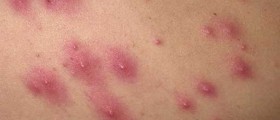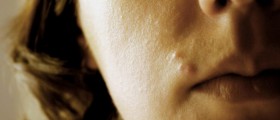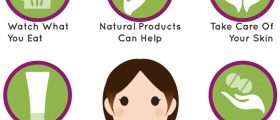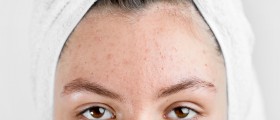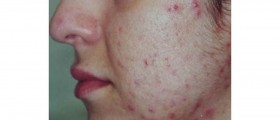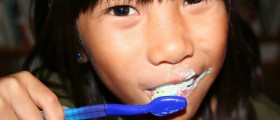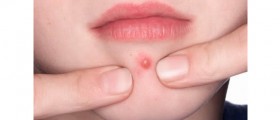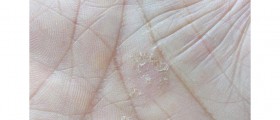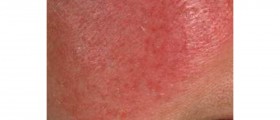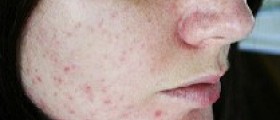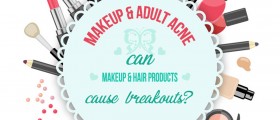about a year ago, I had what appeared to be a large pimple on my scalp, it eventually turned into a mammoth pimple that would not go away. Just as I had it healed, another appeared in a different spot... long story short I have been fighting these things for a year and as soon as I think I have them healed, another outbreak occurs. They take forever to heal, going through stages; pimple, deep scab, raised hard areas then healing and leaving deep scars.. I have tried everything from clays to EO's .... anyone know what could be the cause?
Loading...
Persistent outbreaks of large pimples on the scalp that don't seem to heal could be caused by various factors. Here are a few possibilities to consider:
-
Folliculitis: Folliculitis is a condition in which hair follicles become inflamed or infected. It can result in the formation of pustules or pimples on the scalp. This condition can be caused by bacteria, fungi, or other factors.
-
Scalp Acne: Similar to facial acne, scalp acne can occur due to the buildup of excess oil, dead skin cells, or bacteria on the scalp. This can lead to the formation of pimples or cysts.
-
Scalp Psoriasis: Psoriasis is a chronic autoimmune condition that can affect the scalp, causing red, itchy, and scaly patches. In some cases, these patches can become inflamed and form pustules or pimples.
-
Allergic Reactions: It's possible that you might be experiencing an allergic reaction to a specific hair product, shampoo, or other scalp care products. Certain ingredients or chemicals in these products can trigger inflammation or breakouts.
Given the persistent nature of your symptoms, it's important to consult with a dermatologist who can evaluate your condition more thoroughly. They can examine your scalp, review your medical history, and potentially conduct further tests or biopsies if needed. This will help determine the underlying cause of your recurring outbreaks and guide appropriate treatment options.
In the meantime, you could consider maintaining good scalp hygiene, using gentle and non-irritating hair care products, and avoiding scratching or picking at the affected areas. Avoiding any potential triggers or allergens might also be helpful.
Good luck!
Loading...


